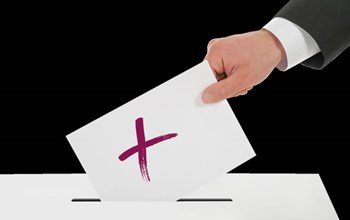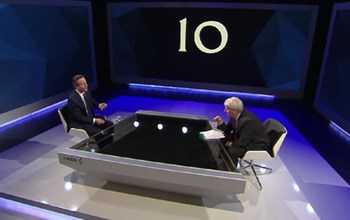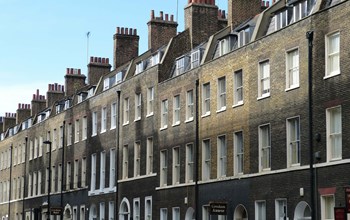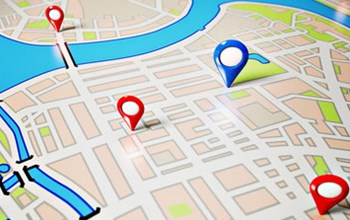Please note this website was created for the 2015 General Election. Due to the lack of preparation time, we have not updated this website for the 2017 Election. Why?

When a parliamentary bill is given Royal Assent and becomes part of our laws it then becomes an 'act of Parliament', and kept in the House of Lords Record Office at Westminster.
The repayment of monies to cover costs such as travel expenses, staffing and running an office.
The House of Commons has traditionally referred to the House of Lords as 'another place', or 'the other place'.
The seats where a Member of Parliament (MP) is seated when they are neither a minister or a spokesperson for the party they are a member of.
Parliamentarians that do not hold ministerial or shadow ministerial office, also known as private members. Backbenchers generally have more freedom to speak as they are not as constrained by loyalty.
An annual financial report on the state of the UK's finances and economy, outlining changes to how the taxpayers money will be spent in the forthcoming year.
By-elections are elections that take place in individual constituencies following the resignation, death, bankruptcy, 'lunacy' or elevation to peerage of the MP for that constituency.
The senior members who are chosen by the leader of the party, who decide government policy and coordinate the work of the different departments.
A vote by the Speaker of the House, who makes the final decision when numbers on both sides of the division are the same.
The government's chief financial minister who is in charge of raising revenue through taxes or borrowing. Intended plans for the economy are contained in the Budget speech made by the Chancellor each year.
A government official employed by the Crown who works for a particular government department or agency, helping to develop and implement policies.
When two or more parties join together in order to form a government, a 'coalition' is created.
A geographical region of the UK which is represented by a Member of Parliament. There are 645 constituencies, the boundaries of which were first introduced in 1944 under the House of Commons Act.
Parliament is dissolved 17 working days before a polling day to make way for a general election. In effect, members of Parliament cease to be MPs and may not enter Westminster during this time.
A proposal for a debate to occur for a particilar subject or topic which is to be held on an 'early day', that is, soon.
Electoral timetables are the process of election (or by-election), laid down in the Parliamentary Election Rules. General Election timetables are more rigid than by-elections.
The general public who are eligible to vote at a general election.
The group of 28 member states that make up the EU, a politico-economic union of countries that participate in the world economy as a single economic unit.
A tactic that is used to postpone the passage of legislation through Parliament by making excessively long speeches, tabling large numbers of amendments or repetition. As a result time runs out and motions can not be voted on.
The ability for MPs and peers to be able to vote as they wish without pressure or obligation from the party whip. They are usually offered on issues of conscience, such as abortion.
Registered voters place their votes to elect members of Parliament to the House of Commons to decide which party will become Government.
The lower house of the Parliament, comprising of 650 MPs elected to represent constituencies using a 'first-past-the-post' system.
The House of Commons dates back to the 14th century.
A hung parliament occurs when no single political party gains an absolute majority of seats needed to form a government, in which case the party with the largest votes may form a coalition government or a minority government that relies on support from other parties or independents.
Typically, when private companies (called lobbyists) are used to represent their views to the government through protests, meetings and documentation, this is known as lobbying. The phrase originates from the lobbies (hallways) in Westminster where members of Parliament gathered. Those that wished to influence MPs frequented the lobbies to attempt to persuade them to side with their issues. Today, MPs can be lobbied by their constituents, local businesses, charities and campaign groups.
The end of a session of Parliament that then gives way to the State Opening of Parliament. The Queen will read the announcement in the House of Lords, and sets out the major Bills that have been passed during the session as well as other measures taken by the Government.
A public administrative body or organisation that operates outside of the civil service (or at 'arms-length'), yet receives financial support from the UK government.
The shadow cabinet is a group of senior MPs who belong to the opposition party. Under the leadership of the Leader of the Opposition, they form an alternative cabinet to that of the governing party.

Information about what to expect at the general election 2015, including timetable of events, results and guides.

Watch political debates, party political broadcasts, PMQ's and interviews with party candidates and MPs.

How does your city compare with others across the UK, including population, employment and earnings.

Find out more about your local constituency, including local information, polls and MPs.